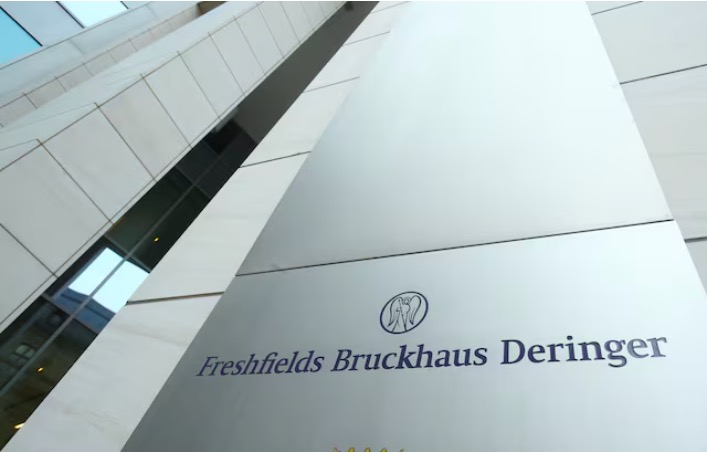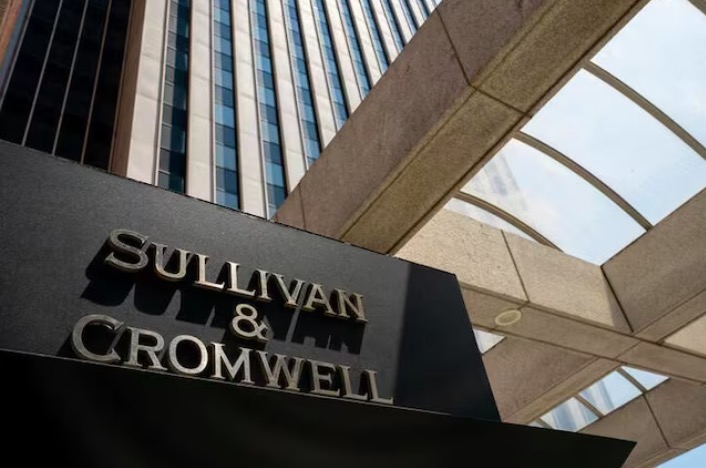Freshfields: A Case Study in Legal Tradition and Transformation
In the global legal services market, few names command the same level of respect and recognition as Freshfields Bruckhaus…
In the global legal services market, few names command the same level of respect and recognition as Freshfields Bruckhaus Deringer—more commonly known today simply as “Freshfields.” With roots dating back to the 18th century, a strong international presence, and a forward-looking approach to innovation and culture, Freshfields has become a textbook example of how legacy firms can evolve in step with globalization and technological change.
From London Origins to Global Reach
Freshfields traces its history back to 1743, when lawyer Samuel Dodd became legal adviser to the Bank of England. The firm’s modern form began to take shape in 1800 with the arrival of James William Freshfield, who established its prominence in the British legal community.
A turning point came in 2000 with the merger of three firms: the UK’s Freshfields, Germany’s Deringer Tessin Herrmann & Sedemund, and the German-Austrian Bruckhaus Westrick Heller Löber. This union brought together deep English and German legal traditions and laid the foundation for a truly global law firm.
Today, Freshfields operates 28 offices across Europe, Asia, the Middle East, and North America, providing clients with access to an integrated legal platform spanning the world’s most important financial and regulatory hubs.
Global Scale and Multidisciplinary Services
As a member of the UK’s elite “Magic Circle,” Freshfields leverages its 280-year legacy to deliver services across a broad spectrum of practice areas. The firm is known for its expertise in banking and finance, capital markets, competition, mergers and acquisitions, international arbitration, litigation, private equity, projects and energy, real estate, and tax.
Freshfields’ global offices enable it to support multinational clients with complex, cross-border legal needs. Its legal tech arm, Freshfields Hub, coordinates talent and tools to streamline due diligence, risk assessments, and document review across multiple jurisdictions. The result is a consistently high level of client service—something that distinguishes the firm from its peers.
Its track record in cross-border M&A is especially strong. From advising FTSE 100 and DAX-listed companies during UK-German consolidation waves, to handling Shell’s merger with BG Group and structuring the UK’s largest SPAC deal in 2020, Freshfields has repeatedly demonstrated its ability to manage legal complexity on a global scale.
In 2024, the firm achieved record revenues of £2.1 billion—an 18% year-over-year increase. U.S. operations grew from £311 million to £391 million, while revenue in Europe surged by 20% to nearly £1.6 billion.
A New Brand Identity for a New Era
In September 2024, Freshfields rebranded by simplifying its name and unveiling a new visual identity. The move was designed to signal the firm’s commitment to modernity, dynamism, and global relevance. While the rebrand received mixed reviews from the legal community, it underscored Freshfields’ willingness to experiment and evolve.
Culture, Governance, and Soft Power
Unlike some U.S. firms that favor the “eat what you kill” model of individual performance-based compensation, Freshfields emphasizes a collaborative culture among its partners. This model fosters cohesion and ensures that clients receive a consistent standard of service, no matter where they are.
The firm has also made diversity and inclusion a strategic priority. Since 2022, diversity metrics have been factored into the criteria for partner promotions. This has helped shift the firm’s traditionally “elite” image toward a more inclusive, progressive ethos.
Freshfields invests heavily in talent development, offering global training programs at its London headquarters and regional secondments in the Asia-Pacific region. These initiatives help young lawyers build a truly international mindset from the outset of their careers.
The Intersection of Law and Technology
Freshfields is also a leader in the digitization of legal practice. Through its Freshfields Lab and Freshfields Hub, the firm has developed:
- Automated due diligence tools
- Multi-jurisdictional regulatory analysis systems
- AI-driven platforms for knowledge management and client collaboration.
These technologies not only increase efficiency but also reshape what clients expect from legal counsel. Today’s clients seek integrated, tech-enabled legal solutions—not just good lawyers.
Freshfields has also played an active role in shaping global discussions on AI governance and legal ethics. Its London and Brussels offices advised on the drafting phase of the EU’s AI Act, and the firm recently co-authored a white paper on AI compliance in collaboration with leading tech companies.
Challenges of Transformation
Despite recent successes, Freshfields faces its share of challenges. Its 2024 rebrand was criticized by some as lacking originality. Moreover, as a firm formed through multiple mergers, Freshfields must continually foster a unified culture across its international offices.
Legal controversies have also posed reputational risks. In 2024, the firm’s former global tax head, Ulf Johannemann, was sentenced to three and a half years in prison in connection with Germany’s “cum-ex” tax fraud scandal. Although the case is under appeal, it serves as a reminder of the compliance risks global firms must vigilantly manage.
A Legal Evolution in Progress
Freshfields is at a pivotal point in its evolution. Several strategic priorities will define its trajectory in the years ahead:
- Geographic Deepening: While dominant in Europe, Freshfields must continue building scale in the U.S. and Asia to compete with American powerhouses like Kirkland & Ellis, Latham & Watkins, and Skadden.
- Organizational Innovation: Balancing a collaborative culture with more performance-driven incentives remains a challenge.
- Social and Ethical Leadership: Clients increasingly care not just about what is legal, but about what is ethical. Freshfields will need to take clear stances on issues like environmental law, human rights, and data privacy.
- Technology Investment: The law firm of the future will look more like a legal-tech platform than a traditional advisory shop. Freshfields must continue building AI, analytics, and compliance capabilities at its core.
From advising the Bank of England in the 18th century to shaping AI governance frameworks in the 21st, Freshfields’ story mirrors the evolution of the legal profession itself. With every strategic pivot, the firm helps redefine what it means to be a global law firm in a world shaped by digital disruption, cultural shifts, and geopolitical complexity.
The final chapter of this evolution is still being written—but one thing is clear: Freshfields is not just keeping pace with change; it’s helping to lead it.








